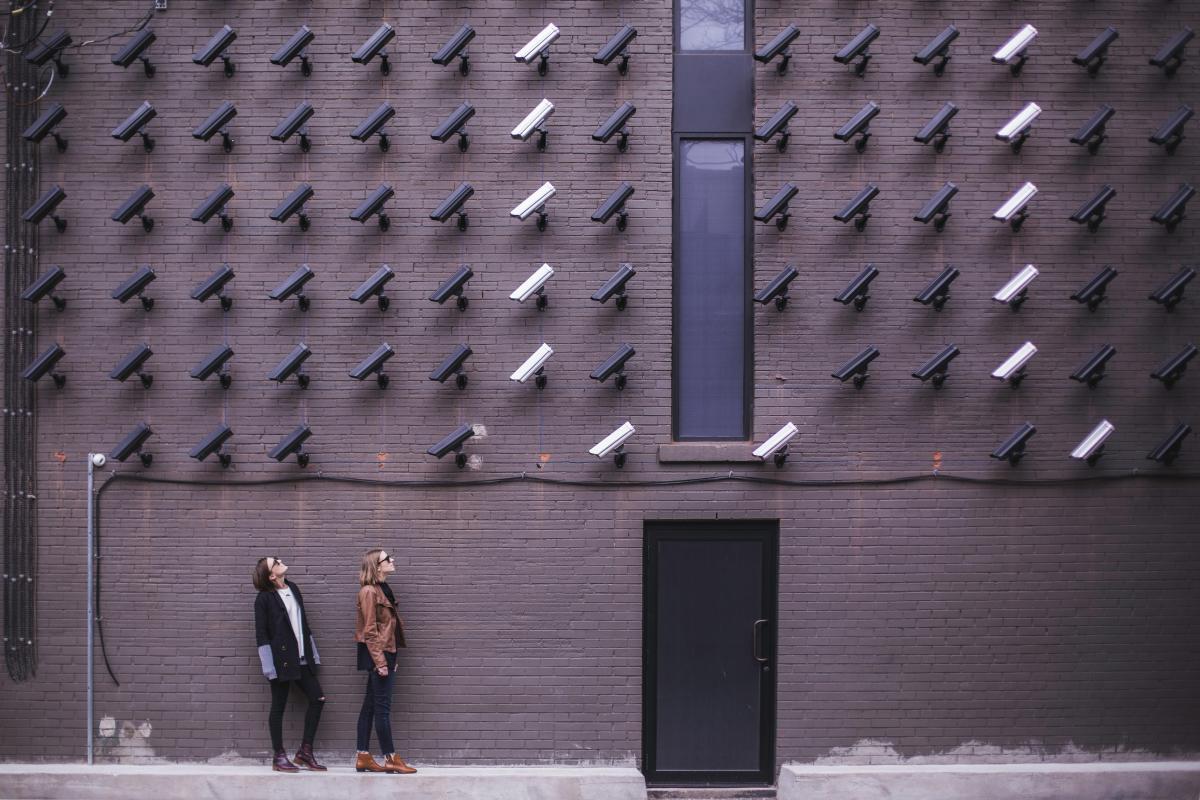There’s a lot of discussion surrounding online privacy, whether there is such a thing and if so, the steps that people can take to protect themselves online. While the importance of online protection is globally recognized, there are many people who consistently leave themselves vulnerable. Today, for example, Mashable shared a post called ‘Is your Password Really Protecting you?‘, highlighting some of the common mistakes people make when creating passwords online. Unsurprisingly, 73% of people use the same password for multiple sites with 33% using the same password for EVERY site.
While those statistics are shocking, they aren’t surprising. Most people would like to preserve their online privacy, but they aren’t sure what steps to take. That’s why we’ve rounded up this list of 10 tips to keep in mind:
- Share wisely. If you’re sharing confidential information online, do not trust your security to an email account or commercial grade file sharing provide. Choose a secure method to share your files.
- Choose difficult passwords. Do not use publicly available information including birthdays or spouse’s names, and try to avoid full words. If possible, use a combination of upper and lower case letters, as well as symbols and numbers.
- Understand privacy settings. Social networks are not often private by default. Update your privacy settings to ensure you’re only sharing information with your intended audience.
- Watch your words. Take private conversations offline, or if that’s not possible, into an encrypted channel.
- Privacy first. Keep your passwords private – don’t share them with anyone.
- Avoid public computers. Don’t use public computers to access personal information, including email and bank accounts.
- Lock it up. Always lock your computer and any other devices that contain sensitive information, even if you’ll just be away for a minute.
- Remember me? Avoid using the ‘remember me’ setting, especially for websites that hold your personal information, including bank accounts.
- Keep it quiet online. Be mindful of what you share online. If you’re taking a vacation, refrain from sharing details online so that criminals aren’t aware of your empty house, or the fact that you’re a tourist in a new city.
- Wifi woes. Be wary of joining open wifi networks in public spaces. Hackers have been known to set up their own hotspots as a means to capture personal information.
Do you have some more tips on how to protect yourself online? Let us know in the comments below.

